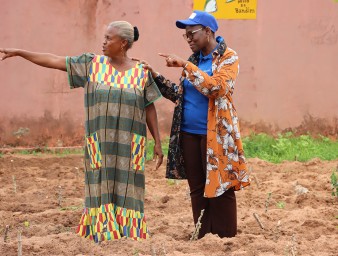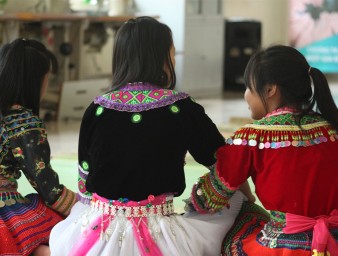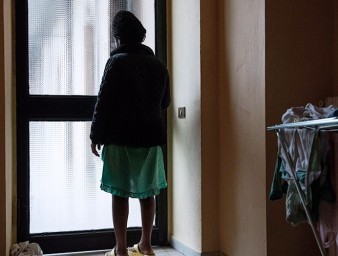Human trafficking: a rights-based approach
19 December 2011
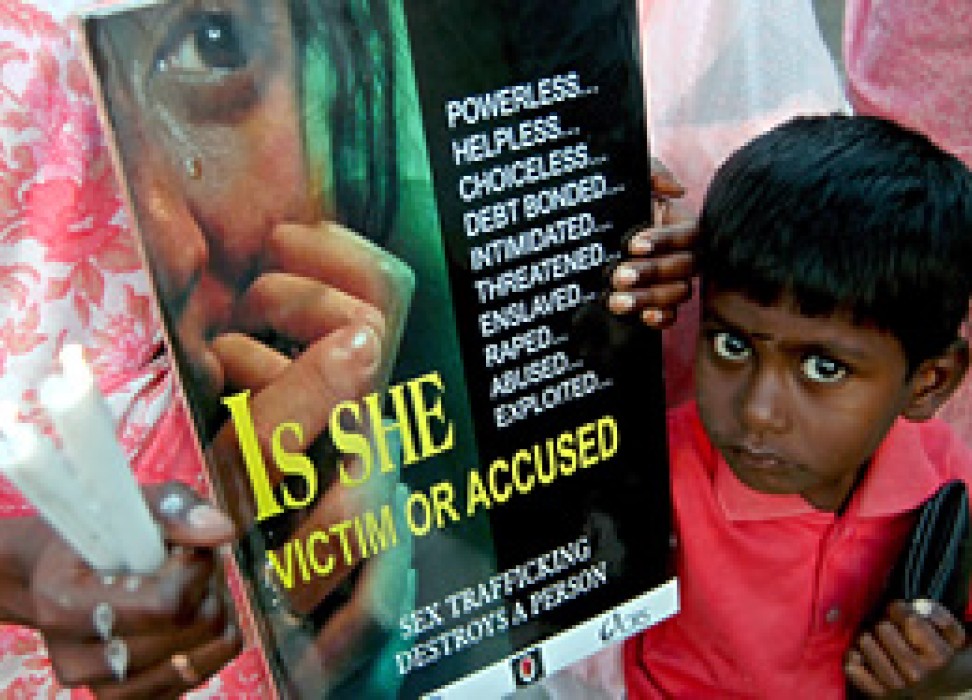
States should shift their focus away from criminal investigation to giving priority to the human rights of the individual victims in their approach to human trafficking. Addressing a panel discussion in New York, Joy Ngozi Ezeilo, Special Rapporteur on Trafficking in Persons, especially Women and Children, stressed the importance of addressing trafficking from a “human rights rather than a crime control perspective”.
“The right to an effective remedy should include assistance in recovery, safe repatriation and reintegration and access to information for victims,” she said.
Speakers emphasized that victims of trafficking are often the subject of many serious human rights violations which may have grave and lasting physical and psychological consequences.
Ivan Simonović, Assistant Secretary-General for Human Rights said financial compensation alone is not enough. Additional important elements include medical and psychological care, shelters and training opportunities, and access to support services such as legal aid and interpretation and translation services, he said.
Underlining the importance of a victim-centred approach, Susu Thatun, a specialist on trafficking and migration at UNICEF, cited the case of a trafficked woman in Burma who took part in decisions concerning her recovery and reintegration. She was trained as a teacher because that was her wish.
A “creative approach” that addresses the specific needs of victims is essential in ensuring they receive the support and legal aid they deserve, said Simone Monasebian, representative of the UN Office on Drugs and Crime in New York.
The decision to provide financial compensation or another form of remedy should take into consideration in light of each victim’s particular situation, according to Monasebian. She gave the example of trafficked women in Bosnia who asked for assistance to overcome the stigma that led men in the community to perceive them as “dirty”.
Jaune Huckerby, Research Director at the Centre for Human Rights and Global Justice at New York University Law School, said the impulse States had to make border and documentation requirements stricter as part of their counter-terrorism measures reinforces the tendency to criminalize trafficked persons.
“This crime control approach has often led to trafficked persons being detained and deported before they are able to seek legal advice,” Huckerby said.
“In many instances, assistance and support to which trafficked persons are entitled are tied to their willingness to cooperate with law enforcement authorities in criminal investigations,” explained Simonović.
The meeting heard that the trafficking for purposes of forced labour and sexual exploitation remains a global problem, affecting millions of people.. It often amounts to a form of modern slavery.
To tackle human trafficking effectively, the speakers agreed it is imperative to address its root causes, such as poverty and discrimination. States should implement laws, policies and programmes that respond to the rights and needs of the victims and comply with international legal standards.
Trafficking is both a crime and human rights violation under international law.
The right of victims to an effective remedy is established in international law. Despite this, the Special Rapporteur in her most recent report to the Human Rights Council points to the fact that in practice there is a large gap between binding legal norms and their implementation.
19 December 2011
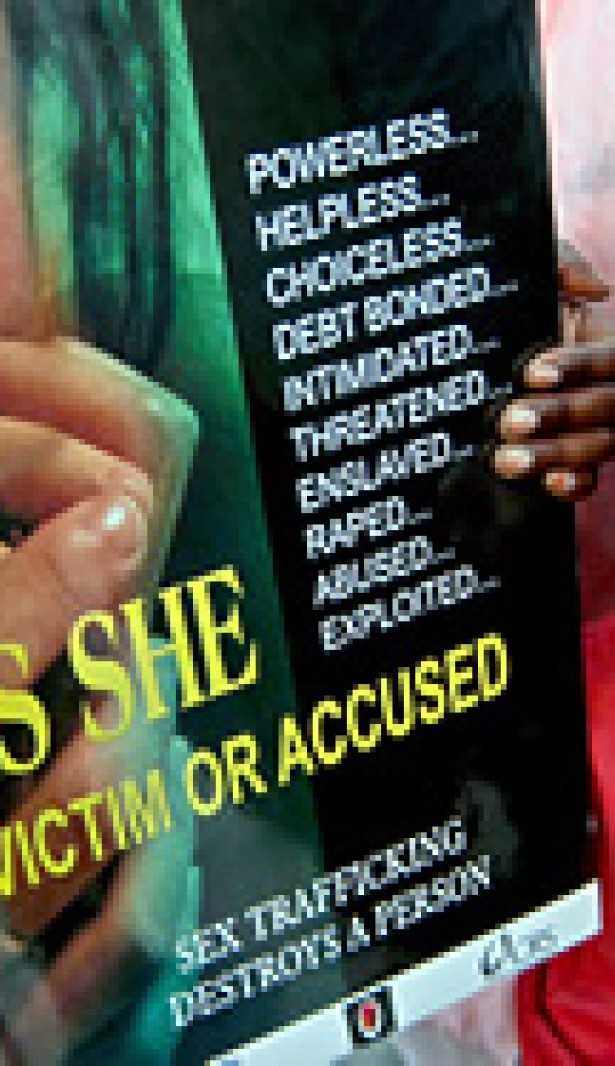
VIEW THIS PAGE IN:

